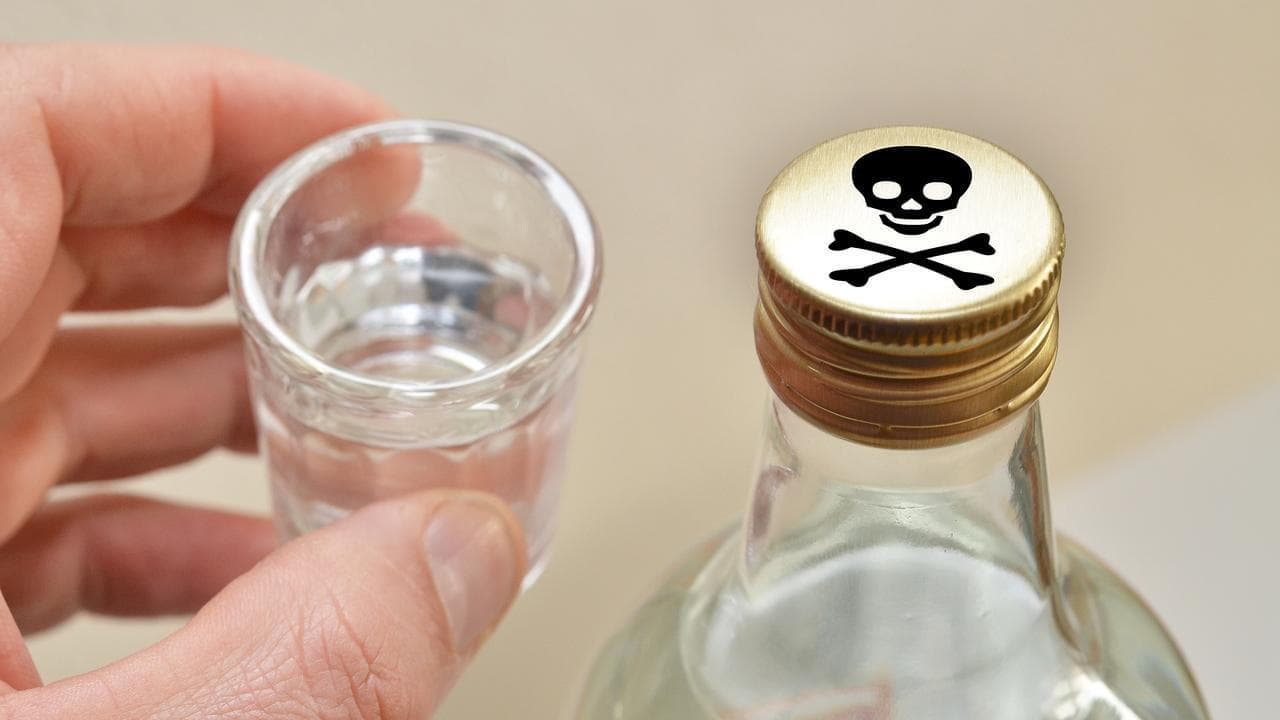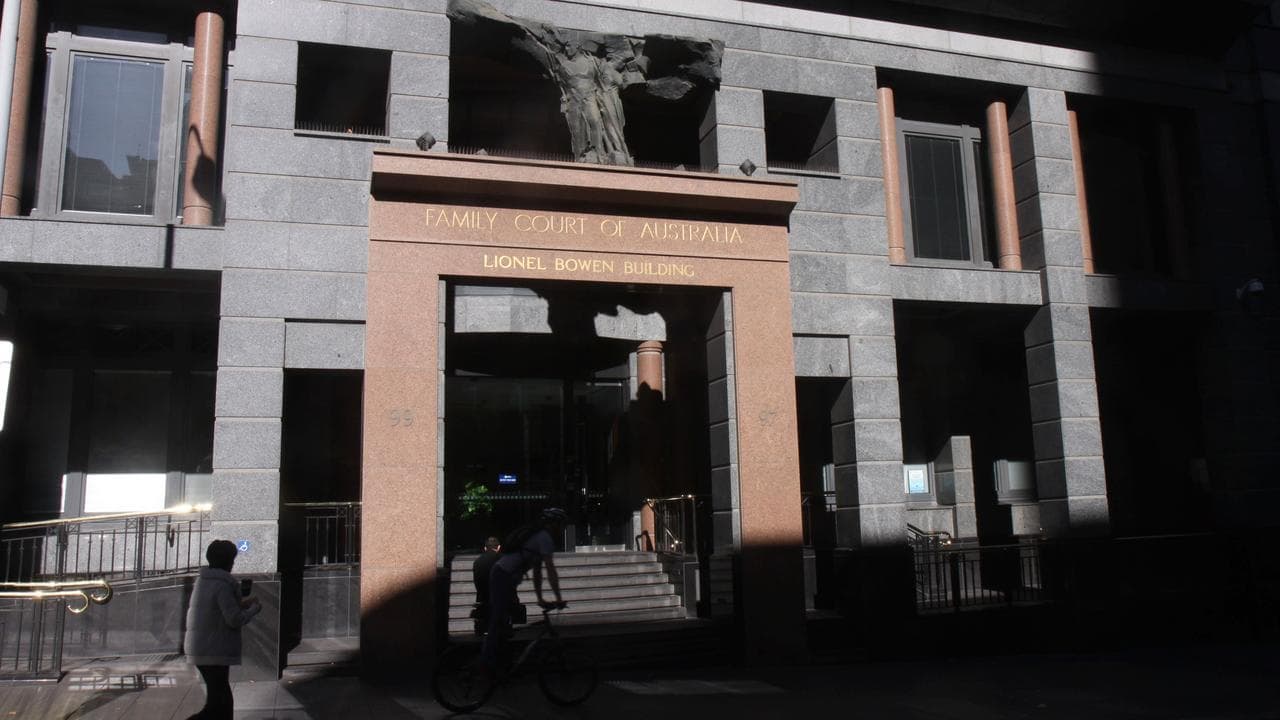WHAT WAS CLAIMED
There was a 1500 per cent increase in 2021 on the previous record year for miscarriages/stillbirths in the US.
OUR VERDICT
False. The figures relate to self-reported occurrences of miscarriages/stillbirths following vaccination. They do not show the total number of incidents.
A post on Instagram claims that the United States had a more than 1500 per cent spike in miscarriages and stillbirths in 2021.
This claim is false. Figures for miscarriages and stillbirths in the US in 2021 have not been released. The graph that the claim is based on instead shows self-reported incidents following vaccination.
The post by Rise Up Melbourne features a graph which the author claims shows the number of miscarriages/stillbirths from 1999 to 2022. It is accompanied by the text: "USA Stillborn/Miscarriages 2009s high was 250 reports. 2021 saw 3700 reports, a staggering 1500% increase."
The caption reads: "2009s held the previous record of about 250ish.....deaths..... 2021 saw 3700 stillborns and miscarriages. That's a staggering 1500% increase over the previous record... I wonder what it could be. Vax heads best not say it's Covid either because, in 2020, it was dead set low death's. Stop lying, something is clearly a miss here....."
The post links to US reproductive health data from the OpenVAERS website which takes its figures from the national Vaccine Adverse Event Reporting System (VAERS).
But the post fails to point out the graph in fact shows self-reported miscarriages and stillbirths following vaccination. Experts confirmed to AAP FactCheck the graph has been misrepresented.

This is evident by comparing the Centers for Disease Control and Prevention's (CDC) most recent (2020) actual figure for total fetal deaths at or after 20 weeks (20,854) to the supposed 2021 miscarriage/stillbirths figure of 3700 cited by Rise Up Melbourne.
The total figure for all miscarriages (the loss of a baby before 20 weeks of pregnancy) and stillbirths (after 20 weeks) is not known. Total miscarriage figures are not recorded. The Mayo Clinic estimates between 10 to 20 per cent of known pregnancies end in miscarriage.
Associate Professor Alex Polyakov, an expert in reproductive biology at the University of Melbourne, confirmed the graph looks at adverse events such as miscarriages and stillbirth as reported by patients themselves following vaccination.
He added: "Of course, there are a lot of people who got vaccinated...of course, some people have miscarriages and stillbirths, but that does not mean that the vaccination caused those outcomes. It's more likely that those people would've had those adverse outcomes anyway."
Dr Annette Regan, a perinatal and paediatric infectious disease epidemiologist at the University of San Francisco, agreed the graph is not what it is claimed to be.
"While 2021 data are not yet available, we can see that the number of fetal deaths has been steadily declining since 2016. A 1500% increase would mean we would have to see 312,000 deaths in 2021 compared to 20,000/25,000 deaths each year between 2016 and 2020," she told AAP FactCheck in an email.
"This... would constitute a major public health emergency."
Dr Jane Frawley, a senior lecturer at University of Technology Sydney's School of Public Health, agreed the claim is false.
Dr Frawley said that research from the UK indicated that stillbirths had increased during COVID, but before the vaccine was introduced.
"This is due to a range of factors beyond COVID-19 infection such as lockdowns and not being sure if obstetric appointments are essential travel, not wanting to go to the doctors/hospital because of threat of being exposed to COVID, disrupted services etc. Maybe also from family violence and abuse, changes in the accessibility and use of food, alcohol, drugs and gambling, or changes in physical activity and transport pattern."
The mislabelling of the graph aside, Dr Polyakov said there is no causative link between the vaccine and the reported adverse reactions.
He pointed to the bottom graph on the same page, which looks at reports of miscarriages and stillbirths following other vaccinations between 2005 and 2021.
"As we can see, when the HPV vaccination was introduced in 2007, there was a huge spike in reports of miscarriages and stillbirths, but as people realised that there is no causative connection, those reports have disappeared," Dr Polyakov said.

"But, if it was true, you would expect to observe the same number of reports following vaccinations in the future years, which is not the case at all.
"And so the fact that this is presented as something that is a causative link, the people who publicised these graphs are essentially saying there is a causative link, so HPV causes miscarriages, causes stillbirth, causes significant menstrual haemorrhages, That is not what it is showing.
"What it is showing is that there are people that are more aware and reporting anything unusual."
Dr Polyakov also said the number of reported stillbirths and miscarriages was so small compared to the total vaccination number that it would be impossible to establish any link.
Dr Regan said there have been studies (here) on stillbirth and other fetal health outcomes that "found no link between COVID-19 vaccination and risk of stillbirth, preterm birth, low birth weight, neonatal hospitalisation or mortality".
AAP FactCheck has previously debunked claims relating to VAERS here and claims about COVID vaccines and pregnancy and miscarriages here.
The Verdict
The claim that there was a 1500 per cent increase in 2021 on the previous record year for miscarriages/stillbirths in the US is false. The graph used as evidence instead shows self-reported incidents that occurred following vaccination.
Experts said the number of reports reflects the size of the vaccine rollout. However, the figures do not establish a causative link between the COVID vaccine and miscarriages/stillbirths.
Studies have found no link between the vaccine and an increased risk of stillbirths and or miscarriages.
False – The claim is inaccurate.
AAP FactCheck is an accredited member of the International Fact-Checking Network. To keep up with our latest fact checks, follow us on Facebook, Twitter and Instagram.












